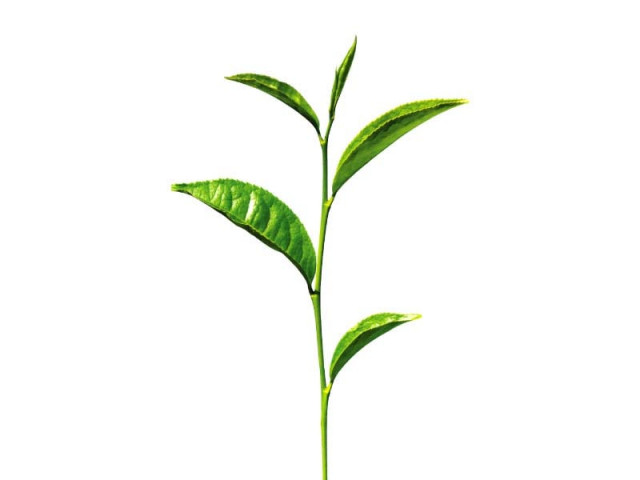Agri-economy: World Bank approves $187m for irrigation system
Loan is aimed at enhancing agriculture productivity, which is hurt by high water losses.

Loan is aimed at enhancing agriculture productivity,
which is hurt by high water losses. CREATIVE COMMONS
The World Bank has approved a loan of $187 million for the improvement of community water infrastructure and installation of an efficient irrigation system in Sindh.
This is aimed at enhancing agriculture productivity that is adversely affected by high water losses.
The $187-million or Rs19-billion loan will supplement the provincial government’s efforts, which is also spending Rs5.6 billion or $55 million from its own resources. The total cost of the six-year Sindh Irrigated Agricultural Productivity Enhancement Project has been estimated at $242.2 million.
The project will help improve irrigation water management at tertiary and field levels, according to a handout issued by the World Bank’s country office. The project will also support efficient management of scarce water resources and is designed to augment adaptation under different climate change scenarios, it said.
Despite extensive irrigation infrastructure, widespread use of chemical fertilisers and pesticides and availability of hybrid seeds in the market, agriculture productivity is low in Pakistan, especially in Sindh. The bank’s estimates suggest that half of the irrigation water delivered through community water course networks is lost. The main causes of these losses are said to be seepage, spillage and side leakage from the water course banks.

The provincial government would spend $120.2 million on improvement of community water infrastructure. An amount of $65.8 million would be spent on installation of a high-efficiency irrigation system and another $24.4 million has been set aside for introducing new agriculture practices like laser-guided levelling.
However, $31.7 million or 17% of the World Bank loan has been earmarked for project monitoring, management, evaluation and conducting studies, which seems a high figure. Major beneficiaries of such allocations are the consultants. Pakistan will return the loan in 25 years.
Agriculture contributes significantly to Sindh’s gross domestic product and provides employment to about 70% of the province’s population.
About 15% of loan proceeds will be utilised for water sanitation and flood protection. Pakistan’s reliance on a single river basin system makes its water economy vulnerable in light of climate change, according to the World Bank.
It added the impact of global climate change, including changes in glacial melting, temperature and precipitation patterns, leads to variations in river flows and increases the instances of floods.
“Flood irrigation is commonly adopted by most farmers in Pakistan and one-fourth of irrigation water is lost during its field application,” said Rachid Benmessaoud, the World Bank Country Director for Pakistan.
He said the project will help farmers in making every drop of water count towards improved yield.
The bank said the project will benefit the poorest of the rural society. Direct beneficiaries will be small farmers, having up to 13 acres of land, and medium-sized farmers, possessing 13 to 50 acres. They are engaged in irrigated agriculture.
Around 198,000 farm households are cultivating land in the command areas of water courses, which will be improved under the project.
About 2,600 farm households will be supported by the project in high-efficiency irrigation. In addition to this, a large population would benefit indirectly from the project, such as landless farm labourers in agricultural operations and temporary and permanent labourers engaged in construction and manufacturing sectors, said the bank.
It added as a consequence of increased crop production, agricultural employment is expected to rise by about 16%.
Published in The Express Tribune, March 22nd, 2015.
Like Business on Facebook, follow @TribuneBiz on Twitter to stay informed and join in the conversation.



















COMMENTS
Comments are moderated and generally will be posted if they are on-topic and not abusive.
For more information, please see our Comments FAQ